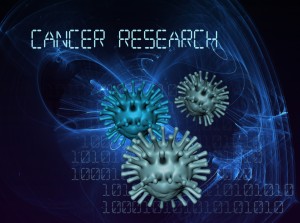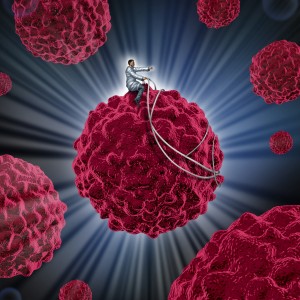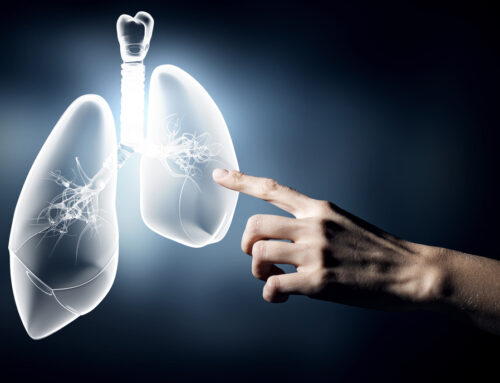 November brings us cool fall weather, falling leaves and the beautiful season of gratitude which culminates in Thanksgiving.
November brings us cool fall weather, falling leaves and the beautiful season of gratitude which culminates in Thanksgiving.
The Dark side of November is that it is lung cancer awareness month, and the facts and statistics can indeed seem very grim, like the rolling charcoal clouds of a stormy November Day.
On the Bright side of this November is the fact that, through awareness campaigns, more people are learning to understand the critical importance of legislation, advocacy, research and funding for fighting lung cancer.
In this week’s blog, Florida Lung, Asthma and Sleep Specialists bring you some basic facts behind the disease of lung cancer. As we progress through the days of November, we hope to raise your awareness about this disease, its symptoms and its treatments.
What is Lung Cancer?
To understand this disease, first we need to wrap our minds around a clear, clean definition of what it is.
According to the experts, “Lung cancer is a malignant tumor that grows in one or both lungs and usually forms in the cells that line the airways and nearby glands.
Lung cancer usually develops over a period of years.”
It sounds so forthright, but it is not. It can lurk in a person’s system for many years. The saddest part of the lung cancer specialist’s life is that often people do not go to the doctor soon enough for the symptoms to be controlled.
Often times, the patients disregard messages from their body. They regard the real symptoms of lung cancer as indications they are growing older. For example, that smoker’s cough your grandfather has, might indicate something much more serious and insidious. Be aware. Inform him.
How Widespread Can It Be?
You should know that this killer disease causes the deaths of 1.3 million people on our planet every single year.
How Many Americans Die of Lung Cancer?
You should know that the American Cancer Society estimates that there will be 220,000 new cases of lung cancer diagnosed annually in the United States.
The sad truth is that in the United States alone, about 160,000 people will die each year from the disease.
Due to attitudes toward coughs and misunderstandings concerning the typical aging process, lung cancer is often diagnosed in a late stage. This is why the diagnosis of lung cancer is dreaded, because, by the late stages, the prognosis becomes very poor for quality life or survival.
With awareness, we also see research causing a brighter outlook for lung cancer patients. For example, you should learn about this new campaign: “United We Test is an educational campaign on molecular testing for lung cancer patients. Pfizer Oncology and 8 lung cancer patient advocacy groups are participating in the campaign to increase awareness of molecular testing.”
Molecular testing is one of the keys to early detection and better prognosis. You can find out more at this informative online resource.
This is just one of the areas where research is giving us the ammunition to fight this dark and destructive disease.
As November continues, we will be bringing you more information about the amazing work that is being done in lung cancer research.
This season, here in Orlando, at FLASS, gratitude is our attitude. We are grateful for the research scientists that continue to help us save the lives of our lung cancer patients, and for the donors who make it possible.
We are also grateful for the bravery and strength exhibited by our lung cancer patients.
If you or someone you love has been diagnosed with lung cancer, check out the American Cancer Society on questions for your doctor.
We only have one more quote we would like you to contemplate this week: Like the American Cancer Society states, “If we had a dollar for every act of courage thrust in the face of cancer, think of the lives we could save.”


